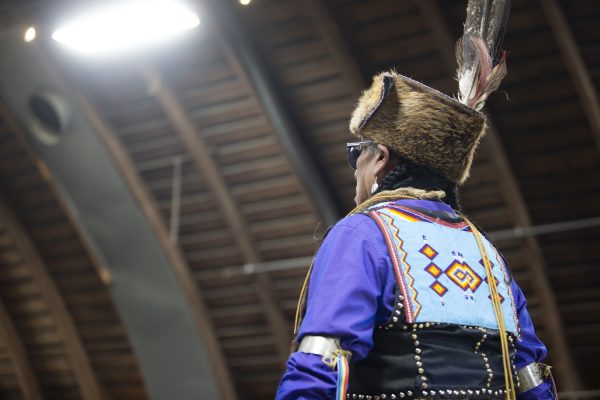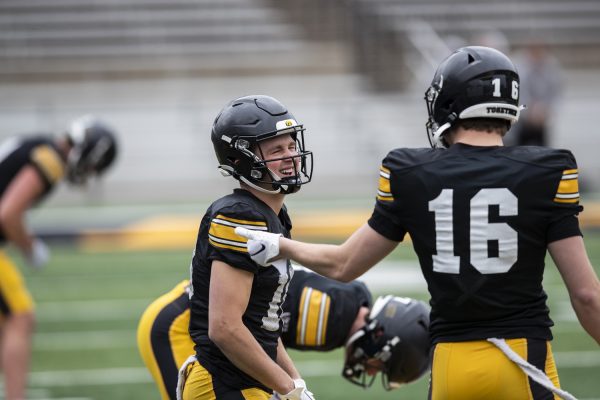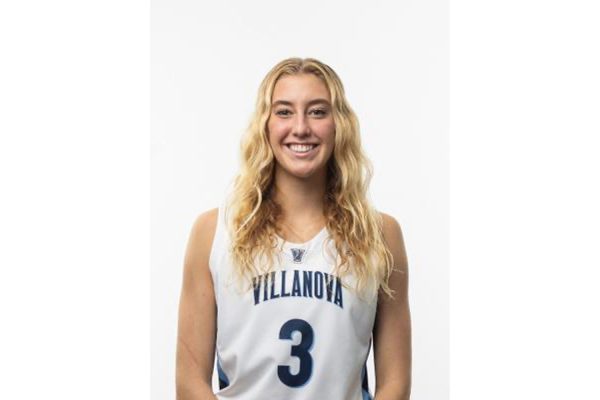Cameron Esposito on the forefront of comedy
April 2, 2015
Cameron Esposito, perhaps one of standup comedy’s future perennial stars, performed for the Mission Creek Festival on Wednesday. Her trademark side-mullet and denim jacket instantly as recognizable here as it is everywhere she goes, onstage, in clubs, or before a camera.
Esposito began with improvisational comedy in college but later abruptly switched to standup around age 25.
“It just worked for me at the time I was coming out,” Esposito said. “… It benefited me to be a character [onstage].”
Esposito’s standup persona is a welcome addition to a scene that has been dominated by men for many years. She noted her peers have benefited greatly from growing up with strong female role models. Previously, it had been a world in which “one Lucille Ball would create two Joan Rivers.”
While the legacy of those two women is indeed significant, it has been many years since their heydays. Their contribution to comedy has been further bolstered by women’s movements that are growing stronger with each passing day. In spite of the times changing as they often do, the scarcity of women in comedy compared with men is still apparent. Audiences and comics recognize this disparity.
“There’s such a demand to hear women’s voices [now],” Esposito said. She noted that the gender ratio is mapped out much more evenly “at the open-mike level.”
This description rings true in local Iowa City comedy, where acts such as Megan Gogerty, Lyn-Z Harney, Ava Cheyenne, and the all-female Janice Ian Experience improv group are slaying modestly sized audiences along with a mélange of other comics.
This increasing diversity in comedy is also aided by more widespread acceptance of homosexual comics such as Esposito, whose Wednesday performance at the Englert coincided with the 14th anniversary of her officially coming out and kissing another woman — her “gay-niversary” as she called it.
She notes recent controversies such as the “religious-freedom” laws in Indiana and other states being cause for great concern, but said this is still an improvement over the past experiences of people in the LGBTQ community, particularly gays and lesbians.
“Older generations of [gay] people had to move to the gay community to get support,” Esposito said, but this is not as necessary now as it was in the past.
Regardless of background, she encourages new comics, not just here but everywhere, to accept all goals they set for themselves. There are fewer odds and more opportunities, she said, no matter who you are or what your sense of humor may be.













